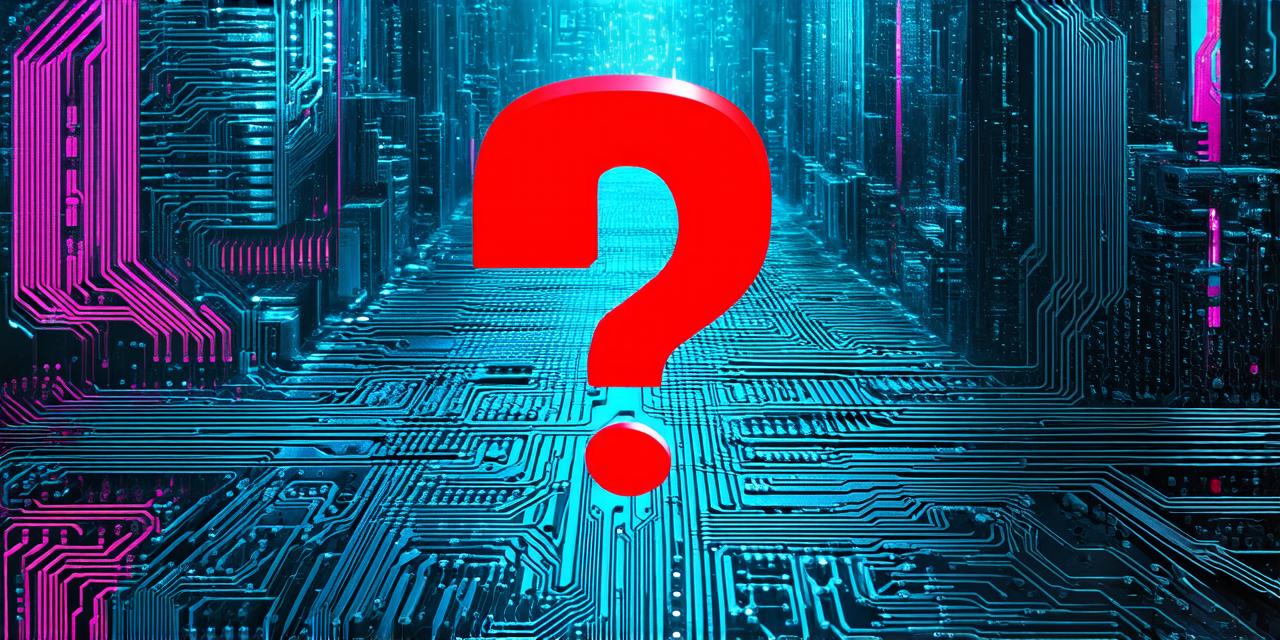NFTs (Non-Fungible Tokens) have become a hot topic in the art world and beyond, with many people praising their potential to democratize access to art and ownership of digital assets.
One of the biggest controversies around NFTs is the high cost of buying and selling them. While some NFTs can be relatively affordable, others can sell for millions of dollars, which has led some critics to argue that NFTs are only accessible to the wealthy and that they exacerbate income inequality.
Another controversy surrounding NFTs is their environmental impact. The process of creating and storing an NFT requires a significant amount of energy, which has led some people to criticize the use of NFTs as a way to promote sustainability. Some argue that the high energy consumption associated with NFTs is not justifiable given the potential environmental benefits of other forms of digital art.
There are also concerns around the authenticity and ownership of NFTs. While NFTs are designed to be unique and non-fungible, there have been instances where people have claimed to own an NFT that they did not actually purchase or create. This has led some critics to question whether the technology behind NFTs is truly secure and whether it is possible for anyone to truly “own” an NFT.
Finally, there are questions around the future of NFTs and their long-term value. While NFTs have gained popularity in recent years, it is not clear how they will be used or valued in the future. Some people worry that the hype surrounding NFTs will eventually fade, leaving some people with worthless digital assets.
In conclusion, while NFTs hold great potential for democratizing access to art and ownership of digital assets, there are also some controversies surrounding them that it is important to understand. These include concerns around cost, environmental impact, authenticity and ownership, and the future value of NFTs. Ultimately, it remains to be seen how NFTs will evolve and whether they will be able to overcome these challenges and become a widely accepted form of digital art and ownership.

